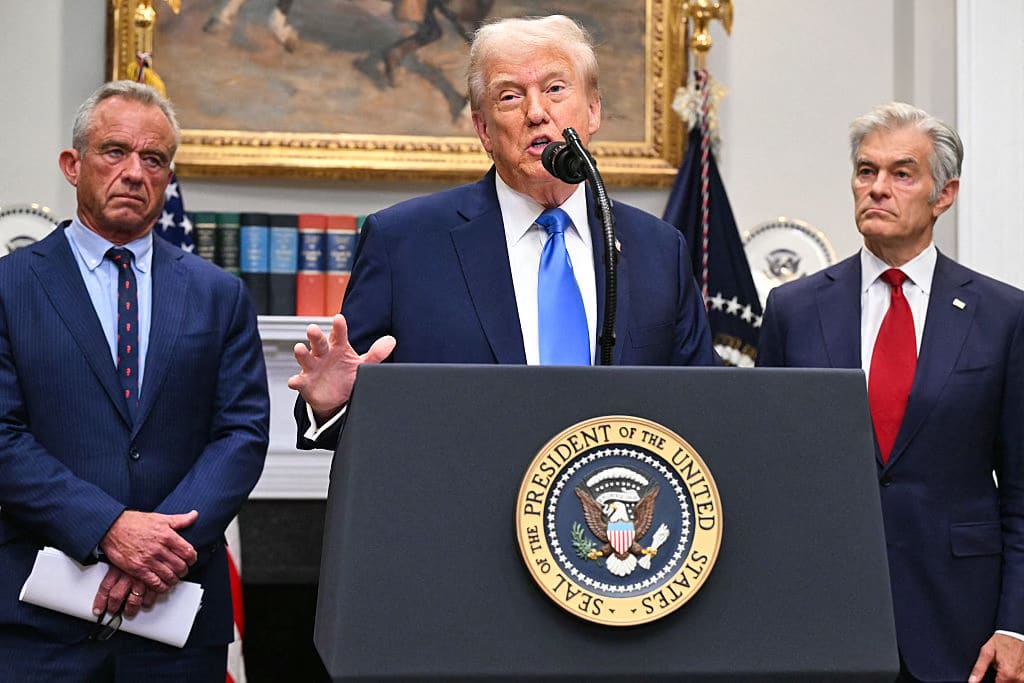Vaccine whistleblower accuses HHS secretary of ongoing retaliation
Ousted Health and Human Services scientist Rick Bright is accusing HHS Secretary Alex Azar of continuing to retaliate against him in his new position at the National Institutes of Health. In early May, Bright filed a whistleblower complaint alleging he was removed from his original role after he pushed to vet and to limit drug treatments often touted by President Trump.
In an amended whistleblower complaint, Bright claimed that Dr. Gary Disbrow, who replaced Bright in an acting capacity as head of the Biomedical Advanced Research and Development Authority (BARDA), told an HHS employee that Azar said "if anyone were to help Dr. Bright be successful, 'there would be hell to pay.'"
Disbrow, with whom Bright said he had a "positive relationship for nearly ten years," reportedly told the employee that "Azar's staff was 'watching them closely.'"
Disbrow denied Bright's claims on Thursday night. "I did not make any of these statements and Secretary Azar has never spoken to me in the manner alleged," he said in a statement. "I have also never instructed any BARDA employee not to talk to Rick. In fact, I had a conversation with him yesterday about how to collaborate between RADx and BARDA. I am confused by these untrue statements and allegations, which distract from the important work we are doing in response to the coronavirus."
HHS spokesman Michael Caputo also denied the allegations on Twitter, writing, "Once again, more misleading claims from Rick Bright. His whistleblower complaint is filled with one-sided arguments and misinformation that have been completely debunked."
Bright has repeatedly linked his removal from BARDA to his stance on chloroquine and hydroxychloroquine. Bright said the drugs were "promoted by the Administration as a panacea, but...clearly lack scientific merit." The drugs were granted an emergency use authorization by the Food and Drug Administration for treatment of COVID-19, and President Trump even took a course of hydroxychloroquine.
Earlier this month, the FDA withdrew the authorization because the drugs are "unlikely to be effective in treating COVID-19 for the authorized uses," and could have "serious side effects," according to the administration.
Bright told Congress in testimony in May that "time is running out" to develop a nationwide strategy for combating the coronavirus pandemic and distributing a vaccine. Without such a strategy, he said he feared the pandemic would "get far worse and be prolonged, causing unprecedented illness and fatalities."
In his tenure at BARDA, Bright, who is one of the nation's leading vaccine experts, worked on the development of vaccines for the flu, Zika and Ebola. Now, in his NIH role, Bright said he's excluded from that work, and has what he characterized as an "extremely narrow role" in making contracts with diagnostics companies to increase their production.
In his amended complaint, Bright requested that he be reinstated as director of BARDA, that Azar recuse himself from the case and that HHS leadership stop retaliating against him.
Adam Verdugo, Weijia Jiang and Grace Segers contributed to this report.





